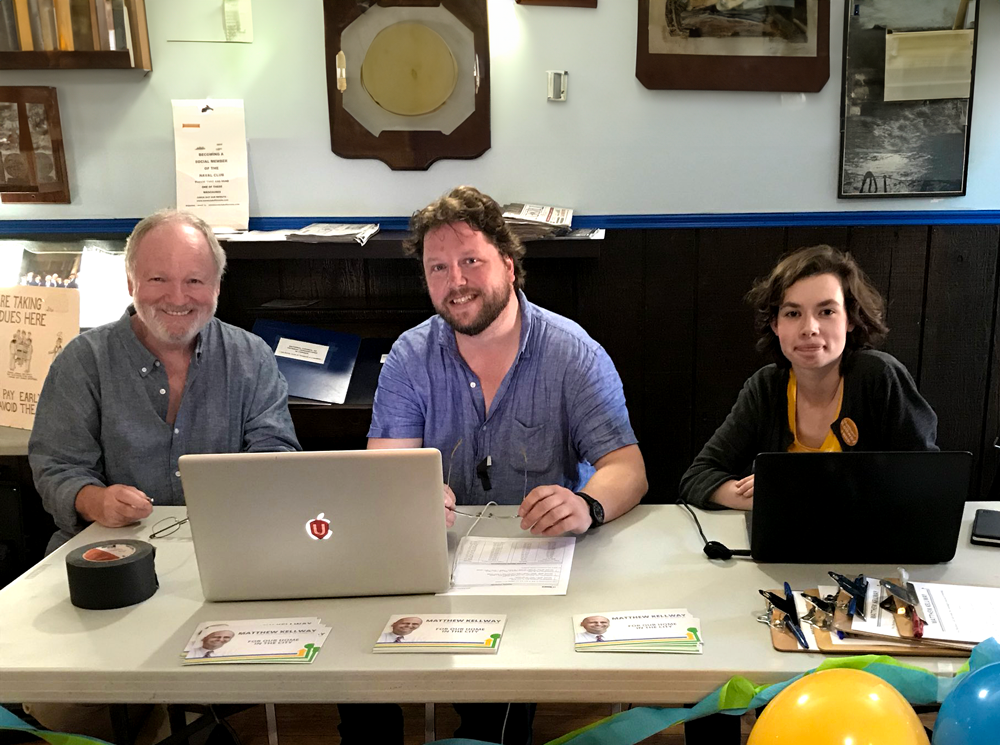READ THE FULL REPORT HERE.
The debate over Winnipeg mayor Glen Murray’s proposed New Deal for Winnipeg is central to the City’s future. His assertion that the services gap that Winnipeg currently faces is not sustainable, and his conclusion that Winnipeg has run out of status quo options are widely accepted, and indeed have been virtually unchallenged.
In the new report Riding Off in All Directions:An Examination of Winnipeg’s New Deal, released today by the Canadian Centre for Policy Alternatives, co-authors Todd Scarth and Hugh Mackenzie, unbundle the new deal package. They explore the four key elements of the Mayor’s plan; analyzes the way those key elements worked together; and suggests an approach to simplifying the plan for the next stage of the debate.
While the report supports many of the overall goals of the New Deal, particularly its commitment to increase investment in public services, there is no getting around the fact that the overall impact of the New Deal would be regressive. The report reveals that for all its complexity, the New Deal package breaks down into three relatively simple pieces.
“The New Deal plan suffers from a lack of focus” comments co-author Todd Scarth. To achieve a net increase of $70 M, the plan calls for revenue increases amounting to $472 M, offset by cuts of $402 M. “The movement of all this money makes it complicated to determine exactly what is happening.”
The report points out that the key to getting a “new New Deal” back on track is to refocus the exercise on the core objective of creating the fiscal capacity needed to sustain services. The report also credits Mayor Glen Murray for having had the political courage to name the problem and to set out a comprehensive plan to address it. The challenge for Winnipeg’s mayor now will be to find the flexibility to refocus his new deal on the essentials and the political modesty to participate in the development of a national consensus on what those essentials should be.
-30-
For media inquiries, contact: media@policyalternatives.ca.













